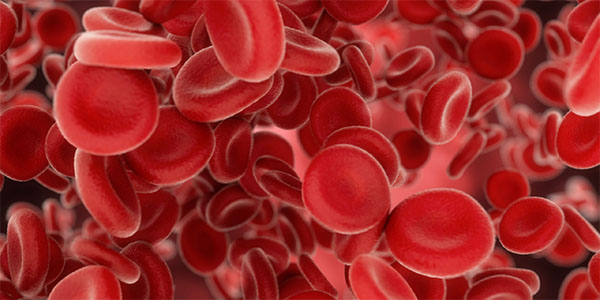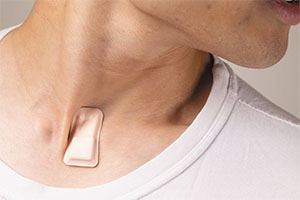|

Northwestern Medicine scientists have uncovered key details about a group of rare but serious blood disorders, according to a study published in the Journal of Clinical Investigation. Read more » |
Northwestern scientists have developed a wearable wireless device to monitor sleep, which may improve the detection of sleep disorders. Read more »
|  |
A Northwestern Medicine clinical trial led by Rod Passman, MD, could improve care for millions of people with atrial fibrillation, but it is facing an unexpected challenge: a pause in federal funding to Northwestern University. The funding freeze may impact this study's progress and raises questions about how long this potential life-saving work can go on without a resolution. Listen to the podcast now »
|  |
Jennie H. Kwon, DO, MSCI, associate professor of medicine at Washington University in St. Louis, has been named the Gene Stollerman Professor and Chief of the Division of Infectious Diseases, effective October 2025. Read more »
|  |
Northwestern Medicine scientists have discovered how cells responsible for hair growth perceive physical forces in their environment and utilize this information to regulate their behavior, according to a recent study. Read more »
|  |
After Palos Hospital builds a second permanent MRI suite, the trailer will be used around the health system to eliminate service disruptions during extended downtimes or new construction. Read more »
|  |
Northwestern Medicine honors pioneers in urologic care and reflects on key milestones and groundbreaking clinical advances achieved since its founding in 1900. Read more »
|  |
Have an idea for the newsletter or a comment on this issue? Contact Us » |
|








